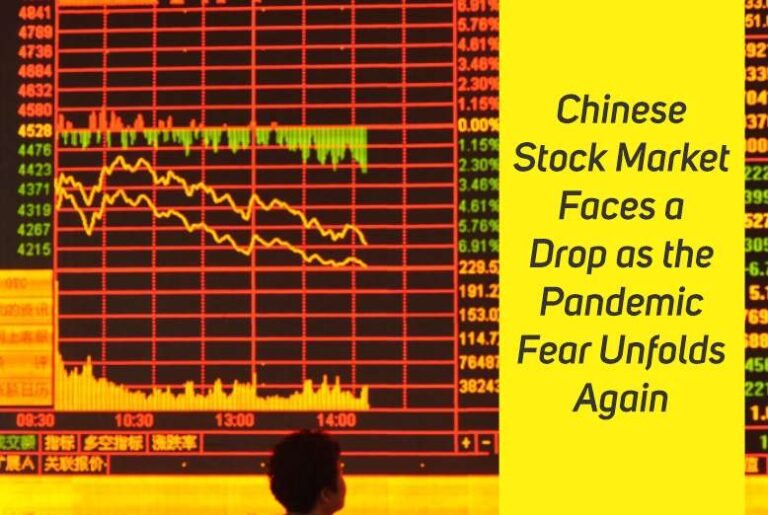Key Highlights
- Chinese stocks fall in the market along with other APAC countries
- The Omicron fear still holds and bulk foreign investments suffer in the Asian region.
- Stocks of all companies- big and small dropped down sharply affecting the overall gross margin.
Stocks Falling for the Big Giants
The reports of omicron cases have caused ruckus in the market that has adversely affected small and large scale businesses alike. As the omicron variant resurfaced to haunt people, and China reported its first omicron case, Chinese stocks fell on Tuesday, matching other losses in Asia-Pacific markets. Meanwhile, bitcoin prices have continued to fall after some overnight losses.
The Hang Seng index in Hong Kong led the declines, falling 1.27%. Alibaba was down 1.65%, and Tencent was down over 1%. JD has lost more than 2% of its value. The Hang Seng technology index fell by approximately 2%. Moreover, Weibo’s stock plunged more than 9% after China’s cyberspace regulator announced a fine of 3 million yuan ($471,151) against the company’s operator.
The mainland Chinese stock market was also in the red. The Shanghai index fell 0.6%, while the Shenzhen component fell 0.5%. The Nikkei 225 in Japan fell 0.48%, while the Topix remained unchanged. Taiwan’s Taiex plummeted by roughly 1%. The Kospi in South Korea lost 0.65%, with tech stocks in the negative. SLG Electronics lost 2.61% of its value. After plunging overnight to a low of roughly $45,800, bitcoin prices continued to fall in Asia trade this morning. According to Coin Metrics, it just recovered some of its losses to rise 1% to $47,116.
Effects of the Omicron Variant
The United Kingdom revealed Monday that at least one patient infected with the new omicron variety of Covid-19 died in the country. China has reported its first case of omicron. The investors are cryptic of making further investments in China.
On Monday, the University of Oxford released findings revealing that two doses of the Oxford-AstraZeneca or Pfizer-BioNTech Covid-19 vaccines are much less efficient at preventing omicron infection than prior coronavirus versions. This omicron variant is strong enough to resist the antibodies formed from the previous coronavirus vaccines and is a growing cause of tension in the trade links of APAC countries. Some vaccine users “failed to neutralise” the virus entirely, according to the study.
Read more: China and India face an energy crisis



